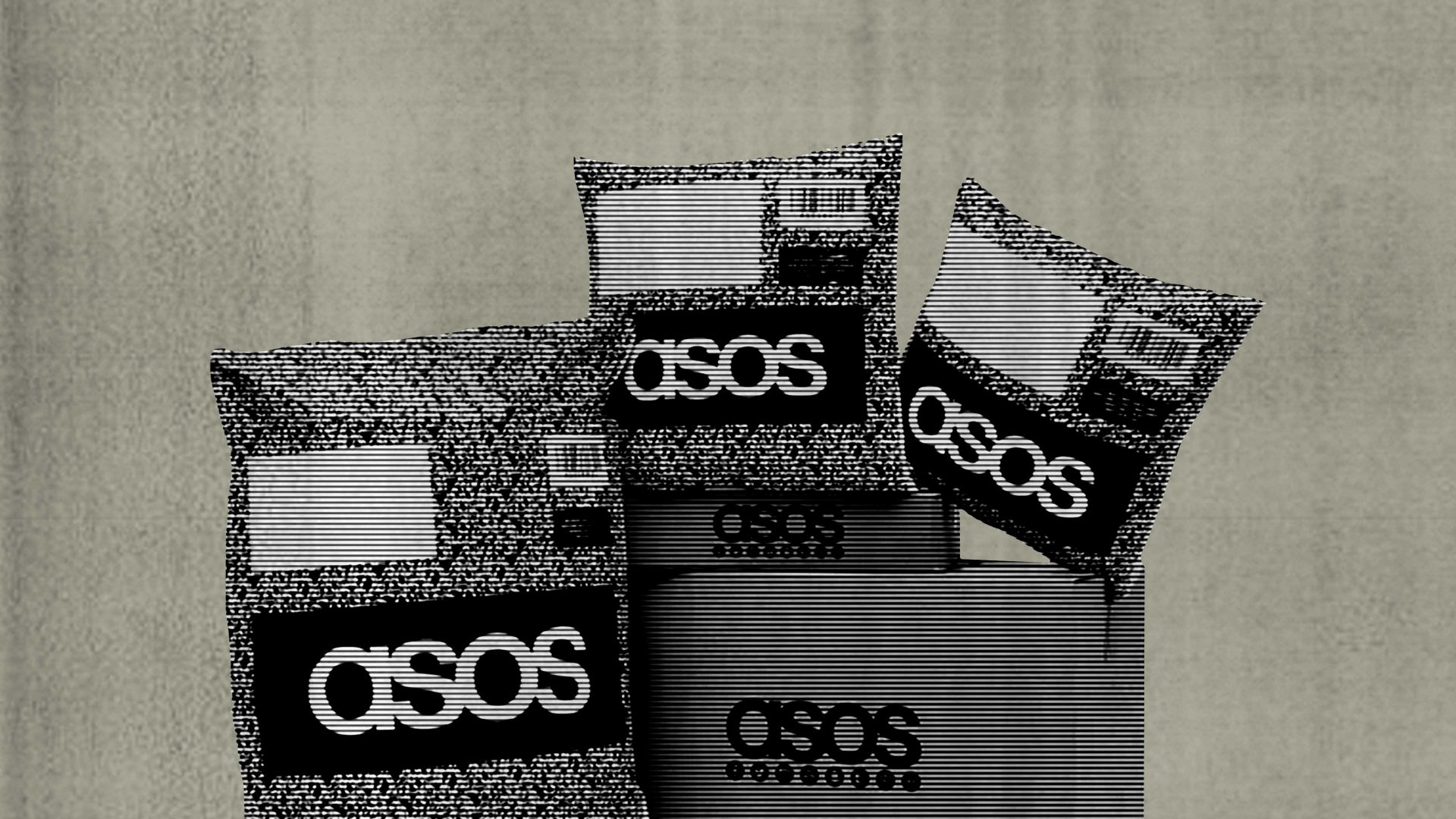It isn’t always easy to spot big societal shifts. They rarely announce themselves like someone walking into a room and bellowing at the assembled crowd. Often, change happens bit by bit, step by step, and you only really notice it once it’s taken place. Still, it can be useful to try to notice patterns, and wonder if little tweaks may lead to much bigger reckonings.
This is what I was thinking about over the weekend, as I read the news that Asos, the online fast-fashion behemoth, would soon begin charging some customers for returns. As things stand, it is possible to order whatever you want from the site, then send back whatever you do not want within two weeks, free of charge.
Soon, however, people with a tendency to abuse the generous policy will be charged £3.95 to send back unwanted items, unless they agree to keep a sizable portion of their haul. It doesn’t feel like much, does it? A small change, only for certain customers, only in certain cases, only from one specific retailer.
That doesn’t mean it isn’t consequential. Sometimes the actions do not matter, but the direction of travel does. For many years, large online companies had one goal: to make our experiences on the internet as smooth and frictionless as possible, especially if money was involved.
They knew that people were more likely to part with their cash if the process was made as easy and convenient as possible, and so that’s what they did. They removed barrier after barrier, and made sure that you could essentially blink then realise you’d spaffed fifty quid on something you really didn’t need. You didn’t have to worry about typing in your bank details, or double checking your online cart, or putting in your address, or worrying about the items not fitting; they’d taken care of all of it. All you had to do was spend, spend, spend.
That Asos has now decided to add even half of a barrier to some customers is, as a result, worth noting. It is unlikely that the move came from a pious desire to stop mindless overconsumption, but that doesn’t really matter. The result is the same, and should be applauded.
It is not an easy thing to say, but buying things online – specifically cheap, poorly made things – should not be as easy as it currently is. Customers may find it convenient to be able to click on a button while sitting on their couch one evening then receive what they ordered the very next morning, for next to nothing, but it’s a practice with a cost.
The people who make fast fashion and the ones who pack and dispatch it in warehouses across Britain are grossly underpaid and often mistreated. There have been countless stories about Asos’s working practices over the past decades, and few of them have been good. The same goes for other large retailers, from Shein to Boohoo.
The clothes they make cost next to nothing and they will disintegrate after only a few wears, if they get worn at all. The planet is burning but still, you can buy a dress for seven pounds and either choose to return it – at which point it is likely to end up in landfill – or wear it on a single night out before discarding it. It is, afterwards, likely to end up in landfill.
The only way out of this destructive way of life is to once again start adding barriers to our online experience. It’s going to be uncomfortable at first, because it isn’t something the internet has ever really attempted. We just don’t really have a choice, though, and so must hope that Asos’s policy change, small as it may seem, will soon be remembered as the start of something bigger.



